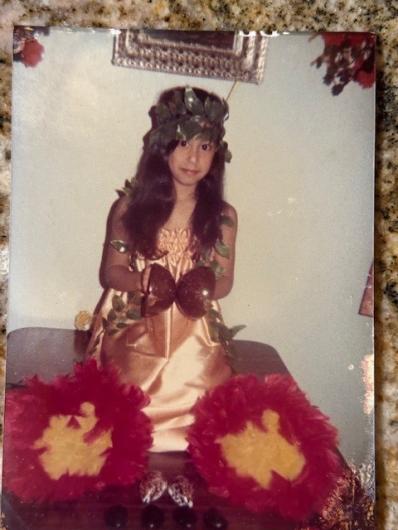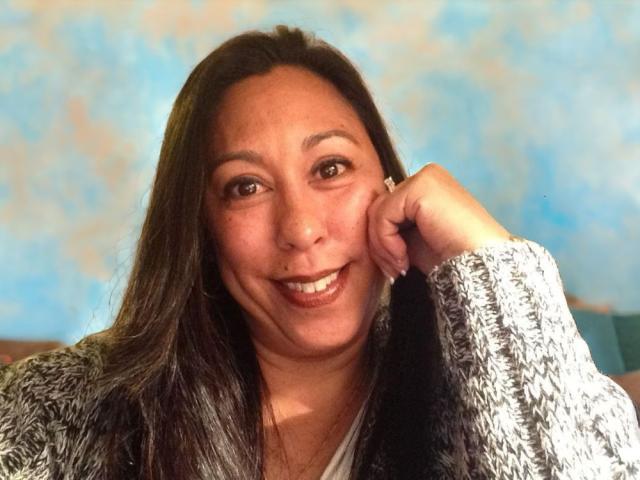Related Stories
- Twin Falls District Engineer Eddie Sanchez – seasonal wildland firefighter to engineer
- Coeur d’Alene District and Nez Perce Tribe Strengthen Community Through Partnership
- Growing a Culture of Co-stewardship with Betsy Chapoose of the Ute Indian Tribe
- Secretary Deb Haaland visits with Ancestral Lands Conservation Corps crew working to stabilize Lowry Pueblo
- BLM educates families on benefits of the Access Pass
Office
1387 S. Vinnell Way
Boise, ID 83709
United States
Phone:


